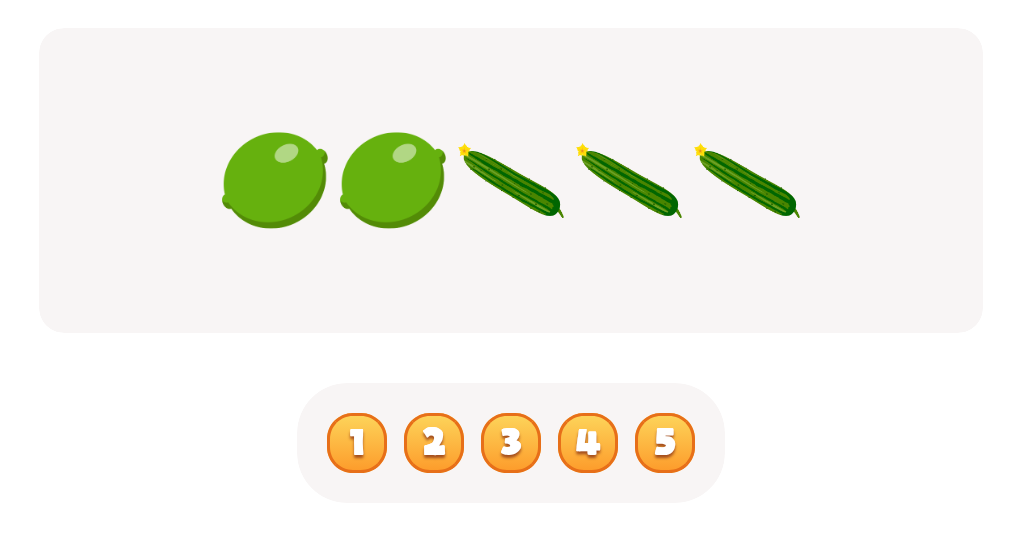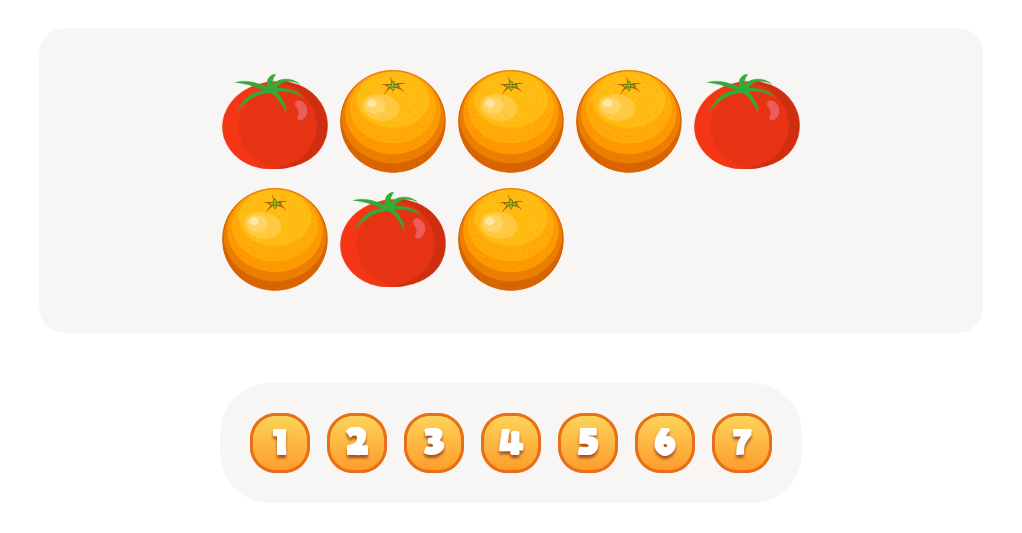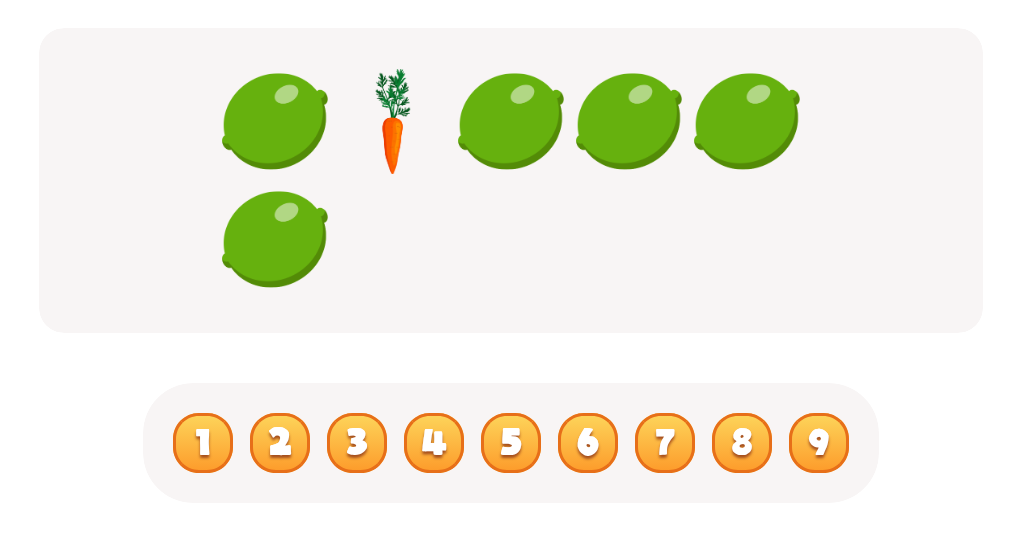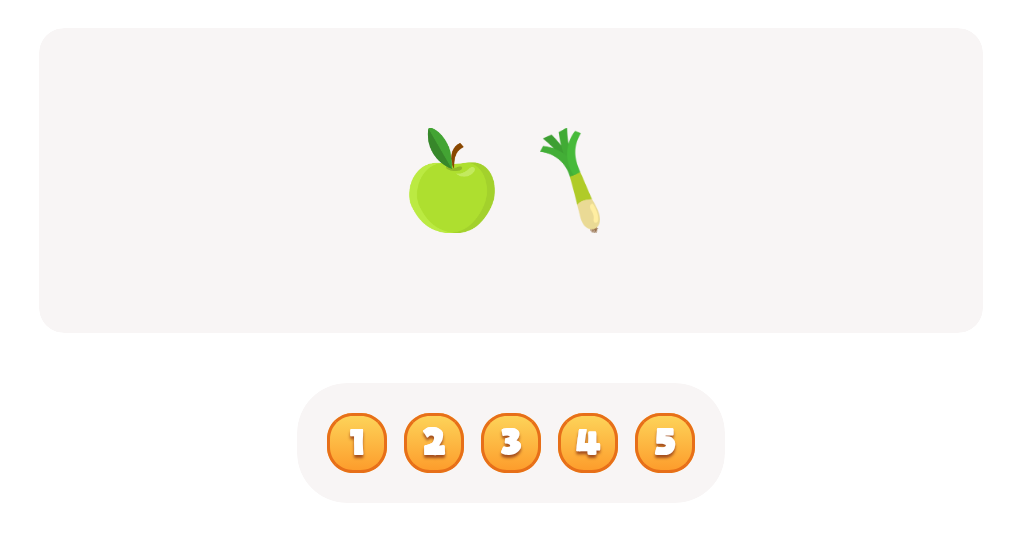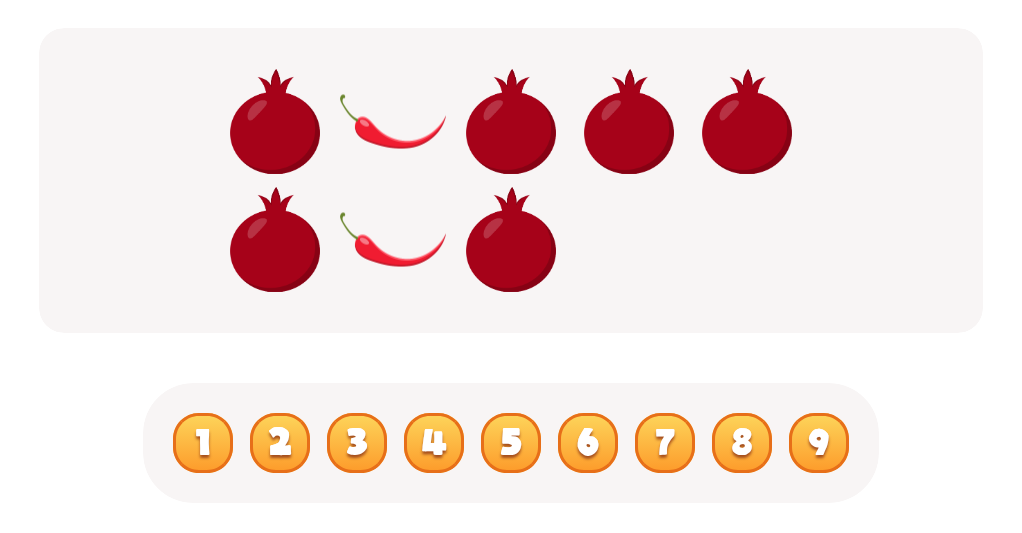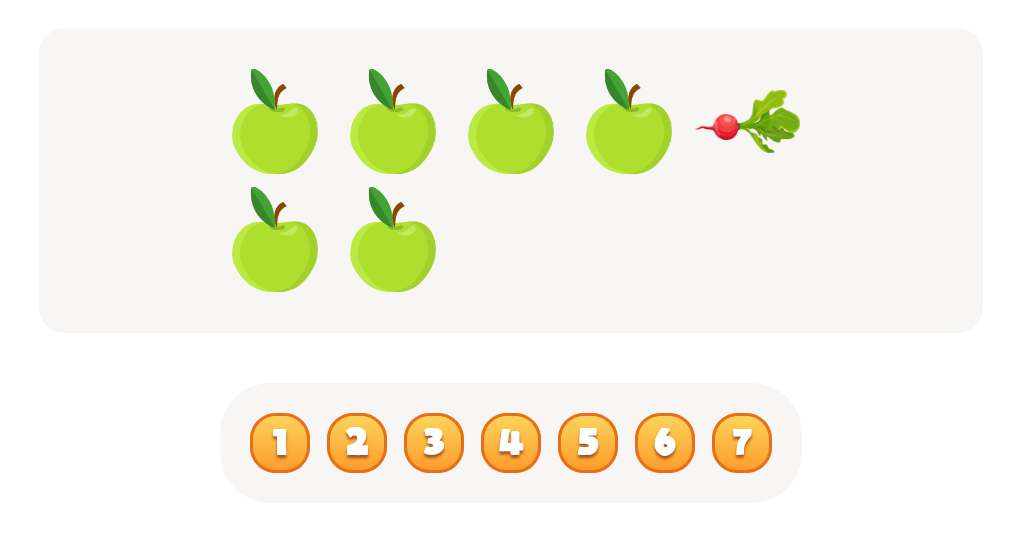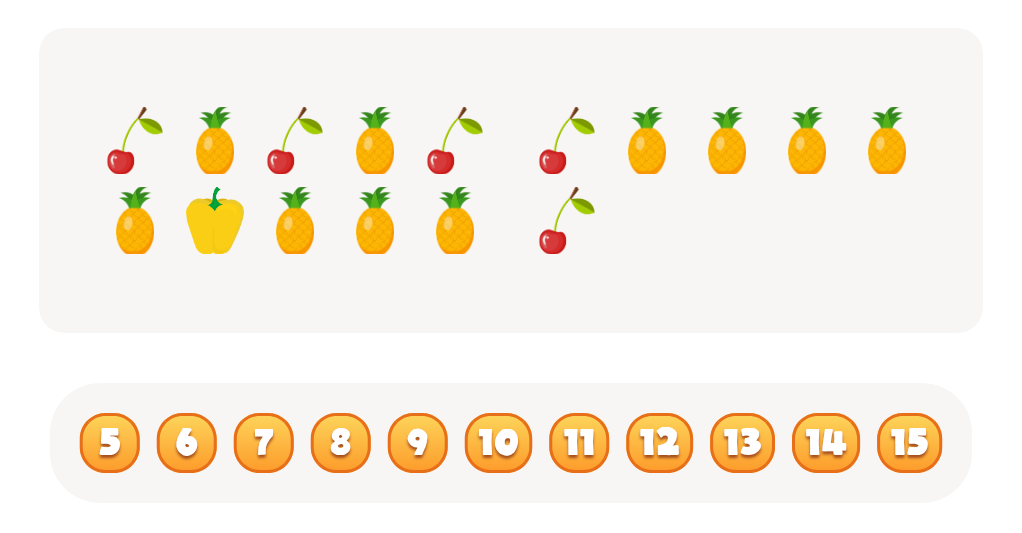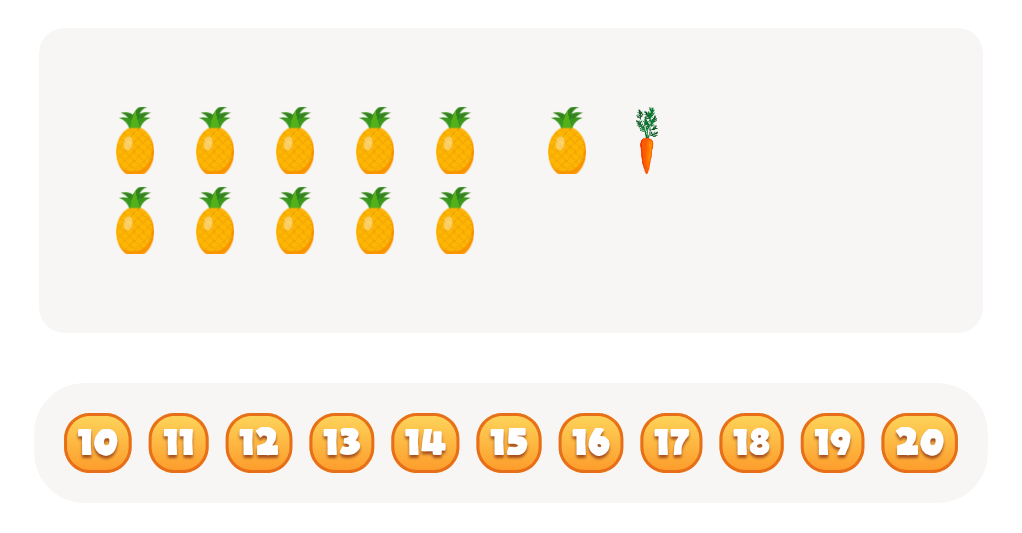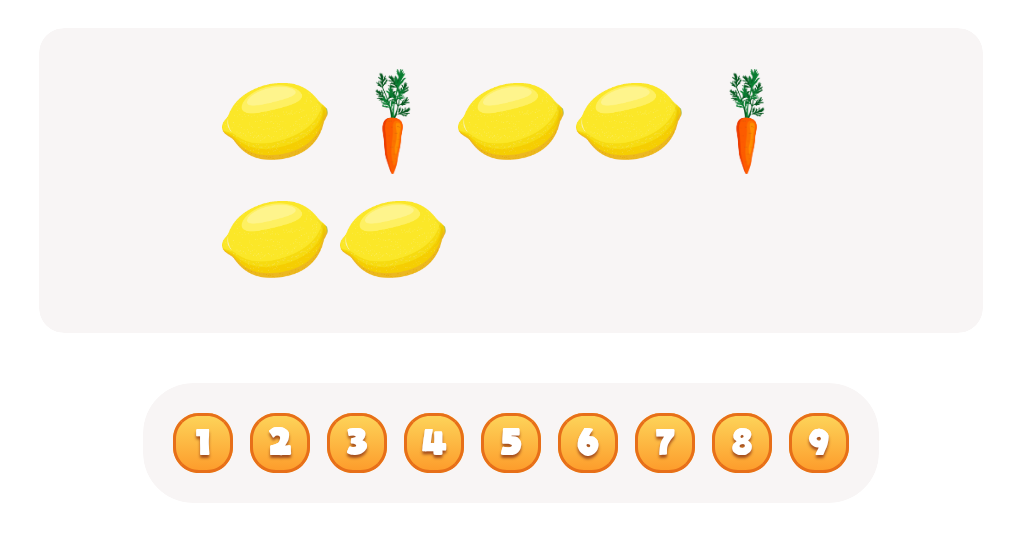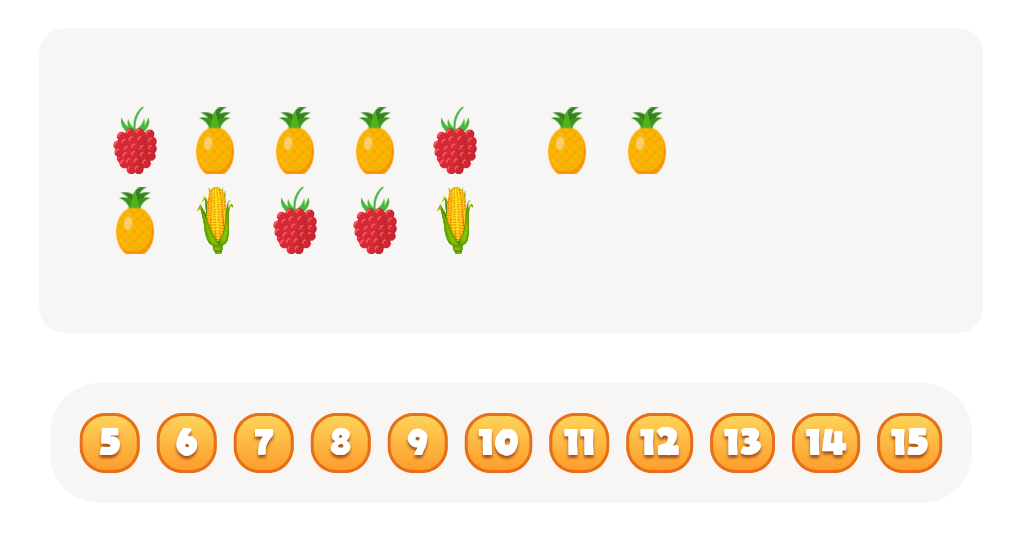Fine Motor Skills Plants and Animals Worksheets for Ages 5-9
5 filtered results
-
From - To
Discover our "Fine Motor Skills Plants and Animals Worksheets" tailored for kids aged 5-9! These engaging, educational printables focus on boosting fine motor skills through fun activities featuring plants and animals. Each worksheet integrates science concepts with handwriting, tracing, and drawing exercises, enhancing coordination and dexterity. Perfect for classroom use or home learning, these worksheets cater to children’s curiosity while refining essential motor skills, spanning cutting, pasting, and detailed coloring. Elevate your child’s learning journey with our expertly crafted resources, ensuring they develop both cognitive and fine motor abilities in an enjoyable, interactive way.


More Octopus Facts Worksheet
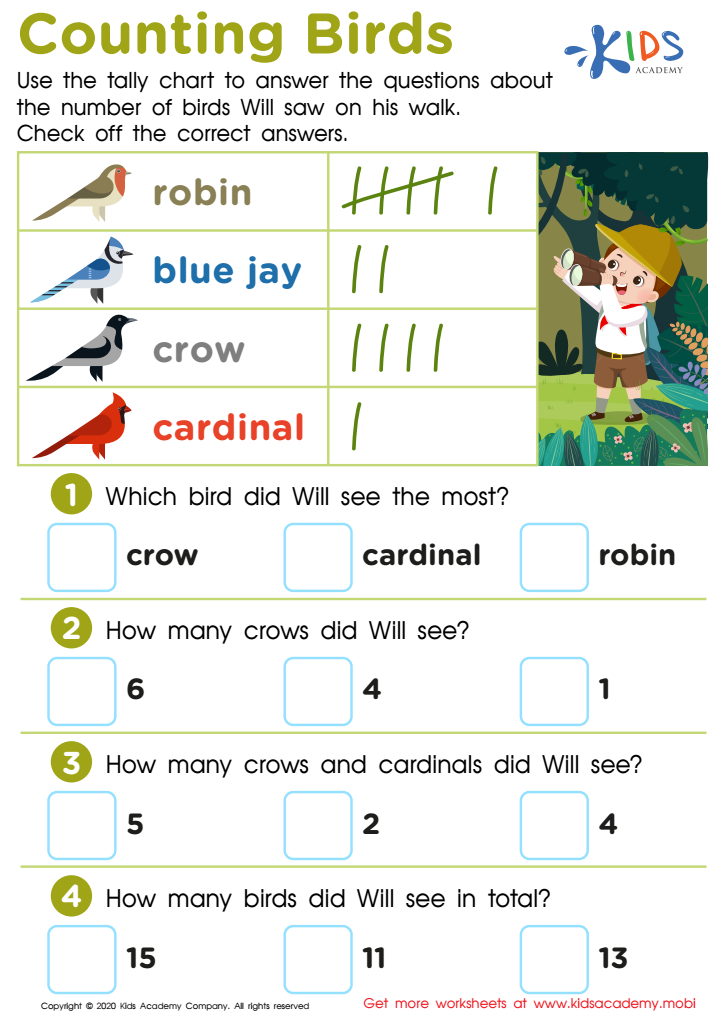

Counting Birds Worksheet
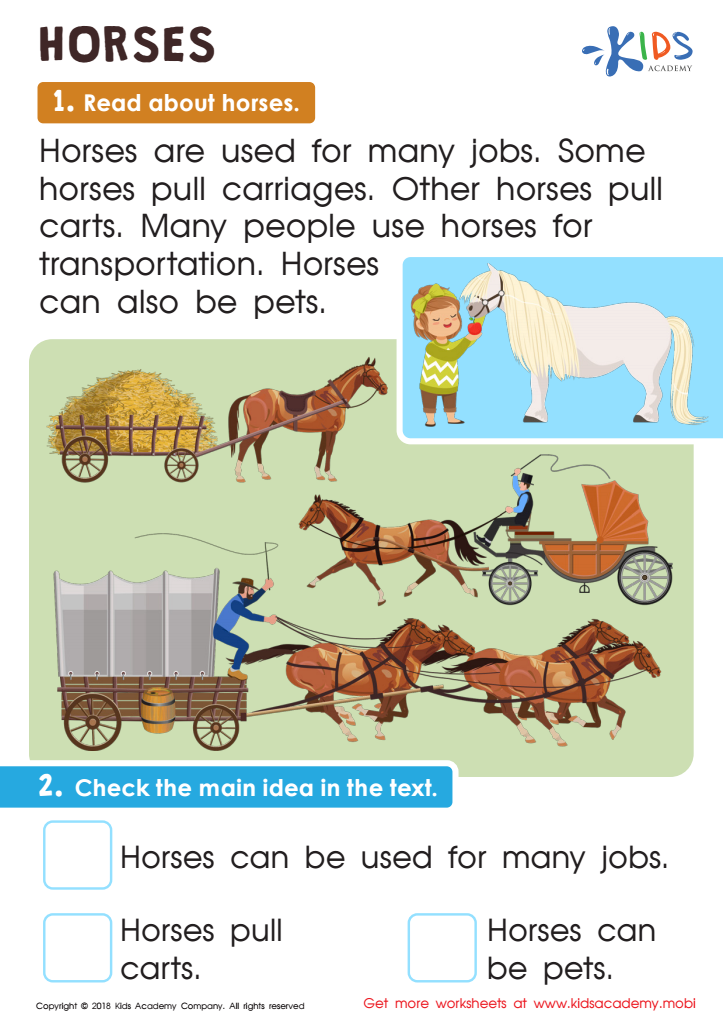

Horses Worksheet
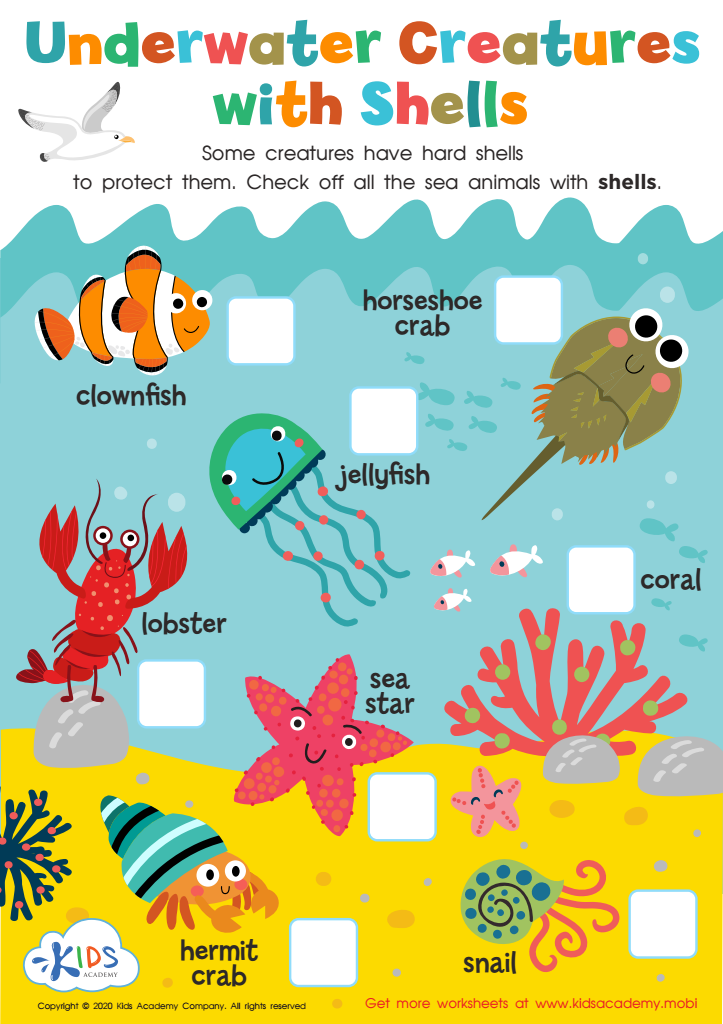

Underwater Creatures with Shells Worksheet
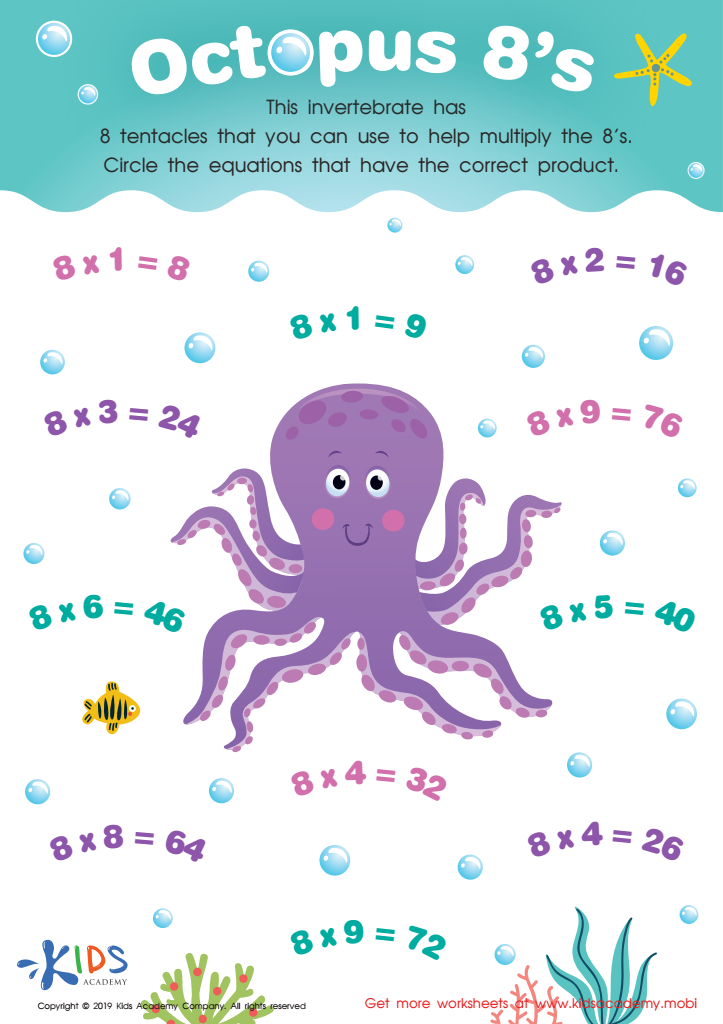

Octopus 8’s Worksheet
Fine motor skills are essential for children aged 5-9 as they lay the foundation for a range of everyday activities, academic tasks, and overall development. These skills involve the precise coordination of small muscles in the hands and fingers, which are crucial for writing, cutting, buttoning clothes, and other detailed tasks. Fostering these skills can significantly enhance a child’s ability to perform better in school and gain independence in personal care routines.
Plants and animals provide unique, engaging opportunities to develop fine motor skills. For instance, allowing children to handle small seeds, plant them precisely in soil, and water them can refine their pincer grip and hand-eye coordination. Caring for pets, such as feeding fish or brushing a dog, also enhances these skills while cultivating empathy and responsibility. Interacting with nature—touching different textures like leaves, petals, and fur—stimulates sensory learning and dexterity.
Teachers and parents should prioritize fine motor skill activities involving plants and animals because they integrate learning with hands-on experiences. This holistic approach not only makes learning more enjoyable but also effectively develops fundamental motor skills that are important for a child’s academic and personal growth. By nurturing these abilities early, we set the groundwork for future success and well-rounded development.

 Assign to My Students
Assign to My Students
